Heartworm disease poses a significant threat to the health of our cherished dogs and cats, emphasizing the importance of diligent attention from pet owners. With the expertise of COTA Veterinarians, we prioritize preventative care to identify and address the risks associated with this condition early on.
Understanding Heartworm Disease
Heartworm disease is caused by the parasitic worm Dirofilaria immitis, transmitted through mosquito bites. Infected animals harbor adult worms in their hearts and lungs, leading to critical damage over time. Both dogs and cats are vulnerable, though the disease presents differently in each. 
Risks to Dogs
In dogs, heartworm disease can severely obstruct blood flow and damage the heart and lungs. Initially, symptoms may be subtle, but can escalate to coughing, lethargy, weight loss, and breathing issues. Without intervention, the disease can lead to fainting, heart failure, and death. COTA Veterinarians play a crucial role in diagnosing and managing the disease early on.
Risks to Cats
Cats face unique challenges with heartworm disease. They often go undiagnosed due to their status as atypical hosts, making detection difficult. Symptoms in cats may include coughing, vomiting, breathing difficulties or collapse. Heartworm disease can also be a contributing factor of feline asthma. The expertise of COTA Veterinarians is crucial for the early identification and management of heartworm disease in cats. 
Prevention is Crucial
Prevention of heartworm disease is essential and more manageable than treatment. There are several preventive options available for both dogs and cats, including monthly oral preventatives, topical treatments, and injectable products. COTA Veterinarians can provide personalized advice on the most suitable prevention plan for your pet, taking into account their health, lifestyle, and risk factors.
The Importance of Regular Testing
Routine heartworm testing, strongly advocated by COTA Veterinarians, is essential even for pets on preventive medication. Early detection is critical for effective management and minimizing the impact of the disease.
Treatment Strategies
Upon diagnosis, prompt and appropriate treatment is important. For dogs the treatment regimen may involve pretreatment testing, also caused ‘staging’ and a series of injections to kill the adult worms. Pets require rest and limited activity during recovery. For cats, there is not a specific treatment, so prevention is of the utmost importance.
Pet Owner Responsibilities
Pet owners play a crucial role in preventing heartworm disease. Following veterinary recommendations for preventative measures and regular check-ups is essential. Additionally, reducing pets' exposure to mosquitoes can decrease the risk of infection. Heartworm disease is a serious threat to pets in Virginia, underscoring the need for vigilant year-round prevention, regular testing, and prompt treatment where appropriate to ensure the health and safety of our beloved dogs and cats.

